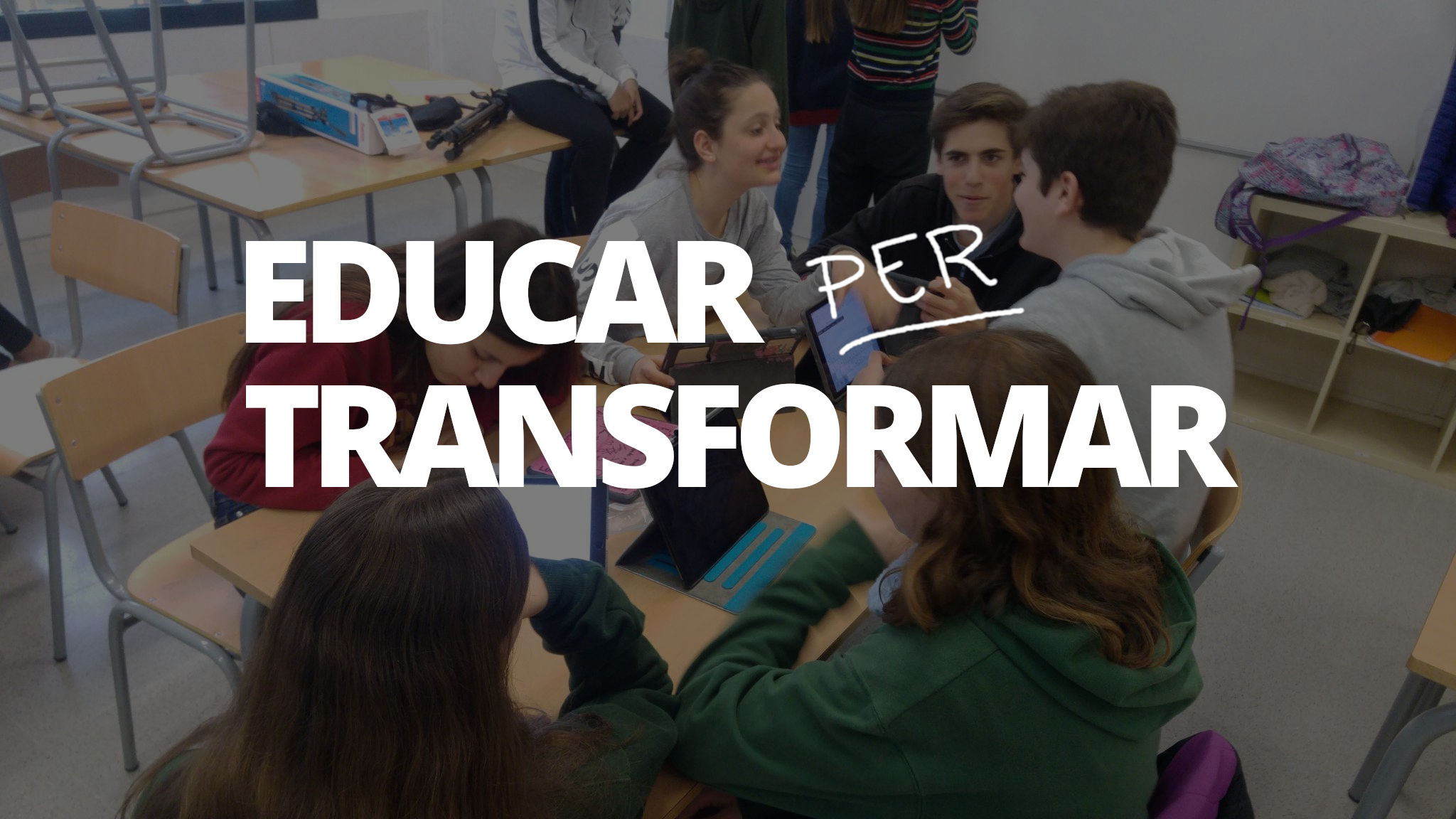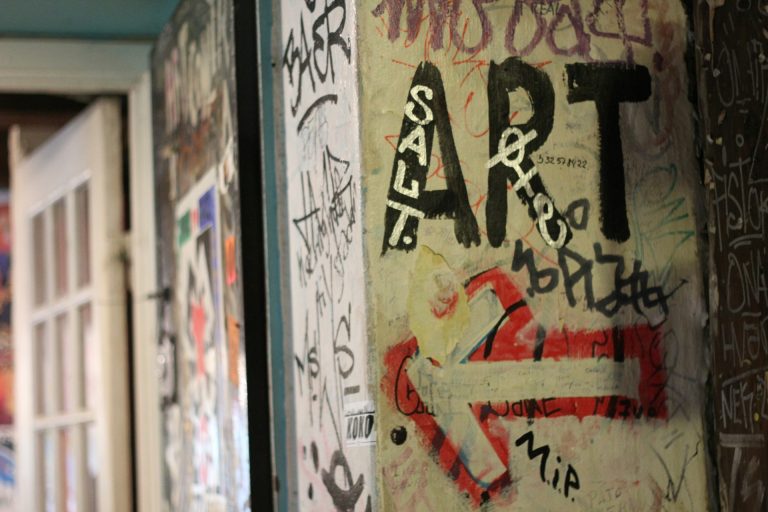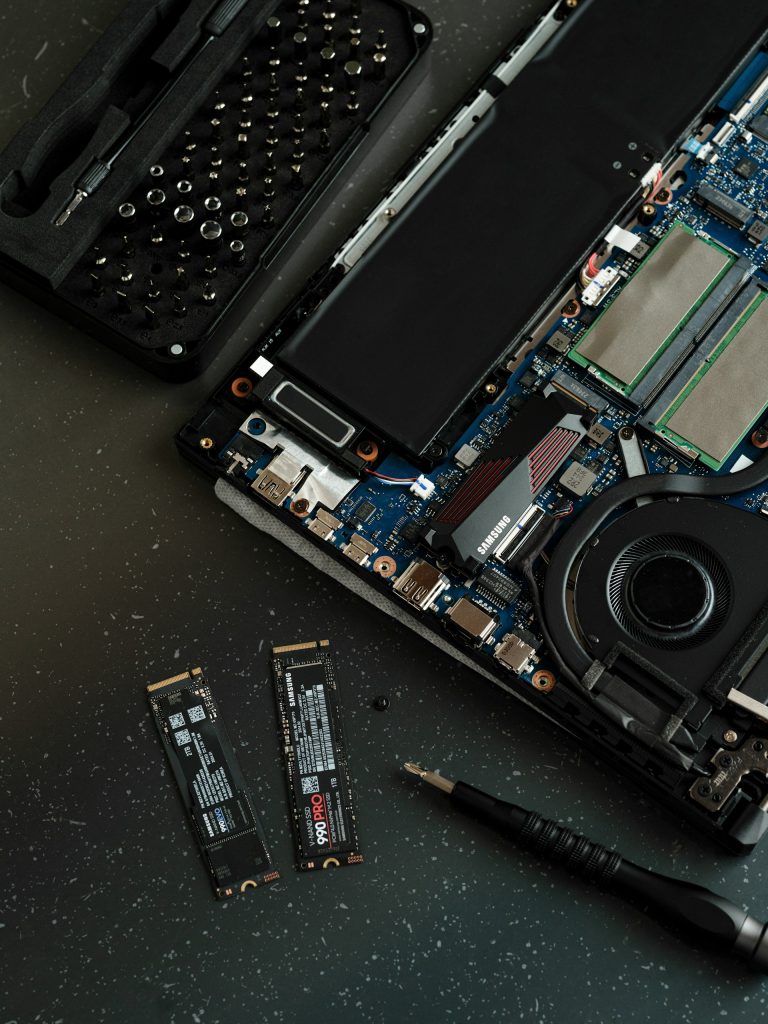The Educar per transformar (Educate to transform) working group is a collaboration between the secondary schools Quatre Cantons, Doctor Puigvert and Pla Marcell, and Esbrina research group of the University of Barcelona. The group is made up of directors, six teachers, two educational advisers and a researcher. The purpose of this collaboration is to generate projects that combine research, teacher training and educational intervention, in order to better understand the educational transformation that is being promoted from secondary schools and universities to rethink the educational models of the schools and the current educational system.
The shared concern between secondary school teachers and Esbrina research group is to ensure that all young people, without exception, can live meaningful educational and learning experiences, with the ultimate goal of having a dignified life. The right to a good education and a good life is constantly being violated by our educational system and it is necessary to launch a process of grassroots educational transformation. That is, from the collaboration between schools, neighborhood entities, families and universities.
The main objectives of this project are the following:
- Understand the processes of educational change that are promoted from public secondary schools in Catalonia, towards a transformative education.
- Put students at the center of educational processes, listening to the voices of the most silenced protagonists of teaching and learning practices: young people.
- Encourage teacher training that starts from the needs and realities of the schools, recognizes the teachers’ knowledge, stimulates reflection on practices and favors the construction of a praxis that integrates practice and theory.
- Put educational research at the service of the needs and realities of secondary schools.
- Disseminate the transformative and emancipatory projects that are being implemented in secondary schools, which seek to build a more egalitarian and supportive society, which puts the critical spirit and well-being of the students at the center.
The working group was created in the 2016-2017 academic year and, since then, it has been vigilant to promote trust, respect and mutual recognition (between the schools, the university and the participating professionals). Decolonized research has also been carried out, which stops seeing the centers as institutions from which to extract data and comes to understand them as co-designers and co-implementers of research projects and educational intervention. In this way, the results of the research and of the interventions help to take steps towards the consolidation of a more horizontal and respectful educational and research culture, which starts from the constant reflection on practice, both by teachers and researchers. and the student body.
Group trajectory
In the 2016-2017 academic year, a working group called Methodological Change was created within the framework of the Institute of Education Sciences (ICE) of the University of Barcelona. At that time, the group was made up of: an ICE educational advisor, members of the management teams and faculty from five secondary schools in Catalonia, and a postdoctoral researcher from the University of Barcelona. The school that participated in this first year were the INS Doctor Puigvert, the INS Eugeni d’Ors, the INS Hipàtia d’Alexandria, the INS Pla Marcell and the INS Quatre Cantons.
This working group was born with the desire to create a space for co-training with teachers from educational institutions that were implementing methodological changes in the classrooms, with the support of the teaching and research staff of the University of Barcelona. The first year (2016-2017) key concepts of the educational activity of secondary schools were defined -Curriculum, space, time, methodology, relationships, evaluation and inclusion- and how these bases were being rethought in each of the schools was shared. It was also identified that the globalized work spaces and project-based learning that took place in the schools contributed to rethinking these educational bases.
In the second year (2017-2018), the working group started from three focuses of change that were valuable for teachers, but at the same time posed a challenge: (1) life-long and life-wide education; (2) learning through peer collaboration; (3) the participation of young people in decision-making in secondary schools. These issues were addressed with the teaching staff and management teams, but above all they listened to the voices of the students. Through discussion groups mediated by infographics (Annex 1) and a conference with students, 100 high school students sent their opinions on these three topics to the teachers.
In the third year (2019-2020), the working group began to focus fully on the development of projects with students that involved collaboration between two or three schools. The students chose the themes, which revolved around three axes: (1) living in contemporary society, (2) social demands and (3) interests and knowledge of young people. Projects were developed related to gender violence, racism, the elderly, prisons or the impact of the digital society on the lives of young people. In the 2019-2020 academic year, case studies were also implemented in the institutes within the framework of a postdoctoral research project, which showed that the institutes are promoting deep transformation processes of the centers themselves and of the educational system. This transformation involves the implementation of methodologies that have project-based learning as a unifying axis, but also to promote a new sense of education from schools and educational systems, from the creation of more dialoguing school cultures, connected with other communities and entities, favoring significant learning situations for all students (Annex 2).
In the 2020-2021 academic year, the working group was resumed through the Educar per transformar (Educate to transform) project with the participation of two educational advisors and three secondary schools, with the commitment of the management teams to implement a project based on everything that we had learned during three years of collaboration. In this course, the link between co-teaching and research has been more present. Teachers, consultants and researcher have shared a common concern from the beginning: how to respond to the challenge of educational inclusion? The students have been invited to participate in a collaborative and intergenerational research project, through which they are reflecting on the characteristics of the schools and the possibilities of generating an inclusive educational culture. This project represents a turn in educational research, because it starts from the need to investigate from the dialogue between teachers, students, management personnel and researchers, in a horizontal relationship based on listening, respect and collaborative learning.
Images
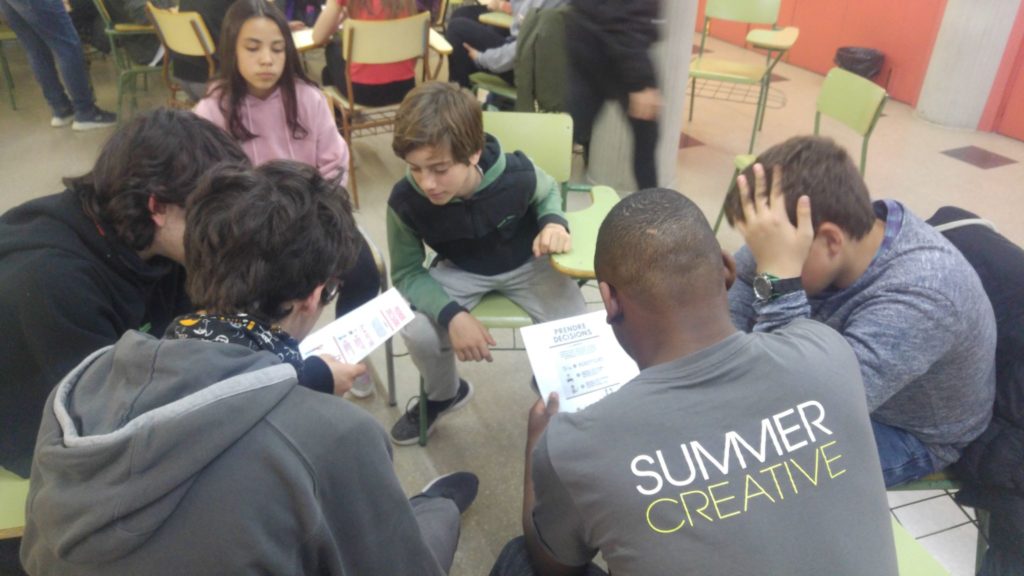
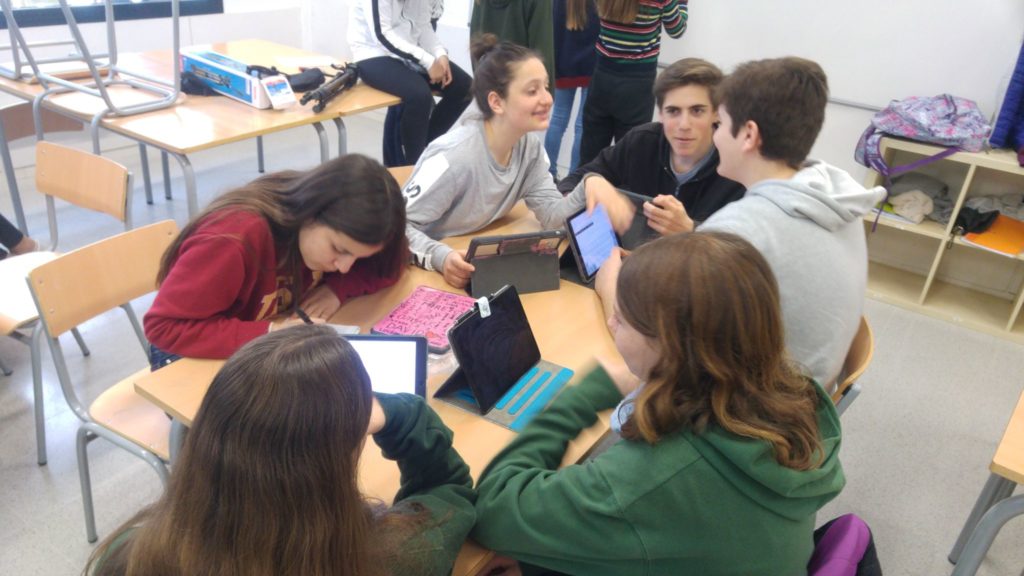
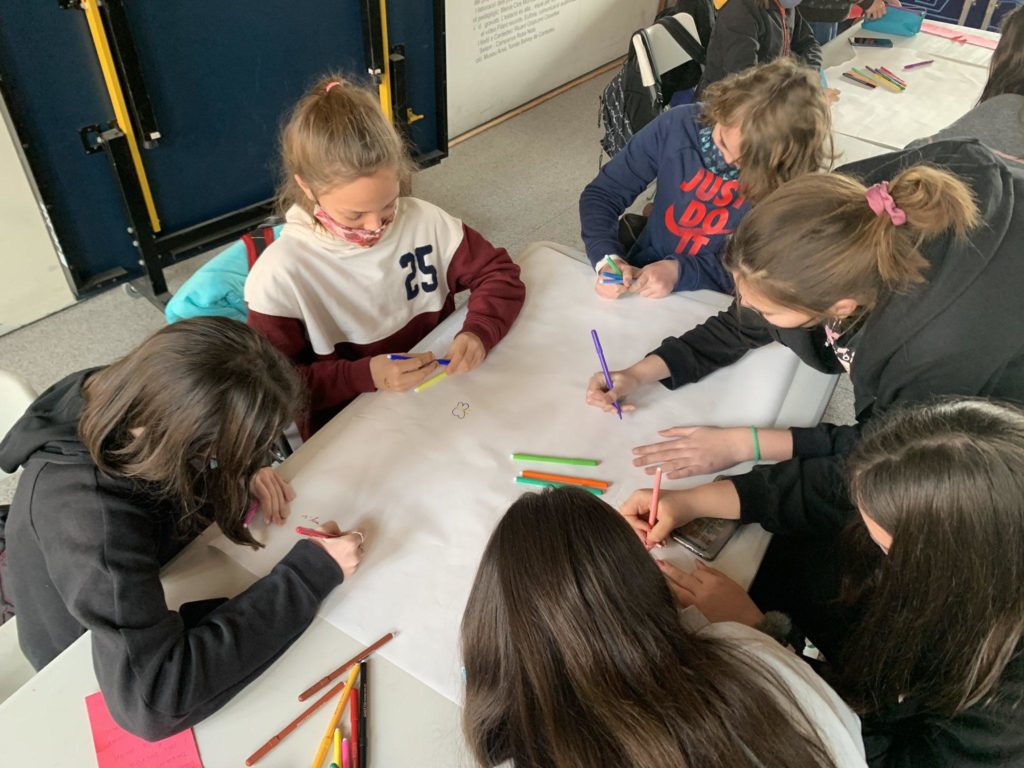
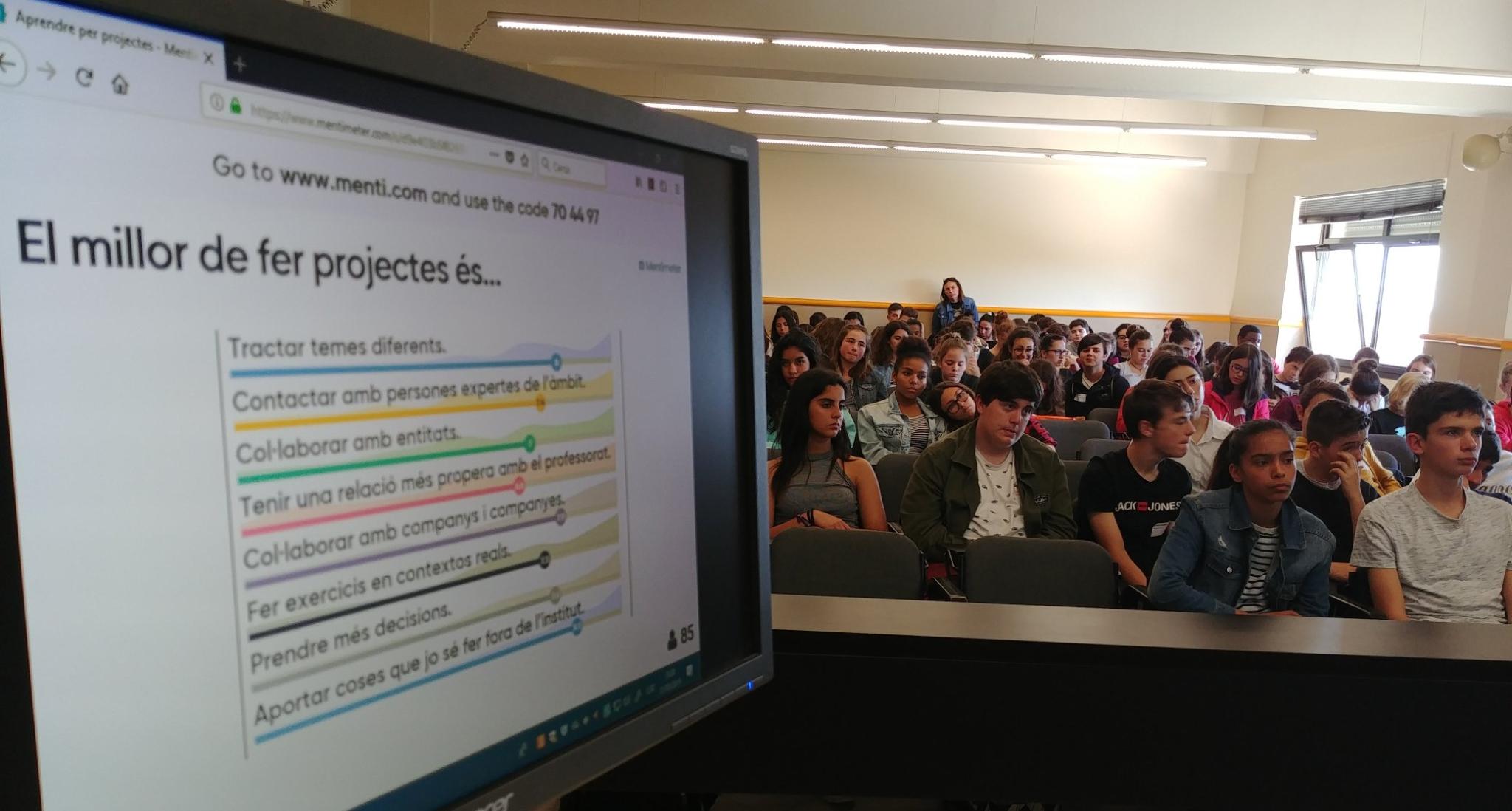
Elaborated materials
Infographics through the mediation of the discussion groups of the year 2017-2018 and infographic with the results of the case studies carried out in the schools during the 2018-2019 academic year.
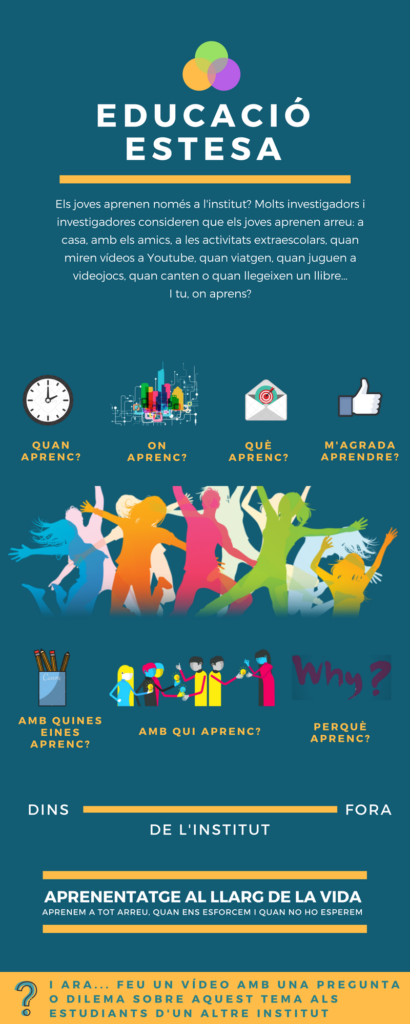
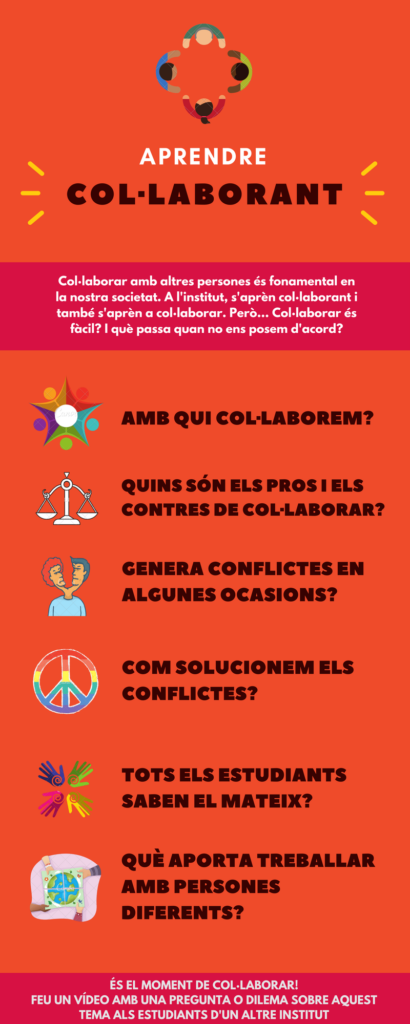
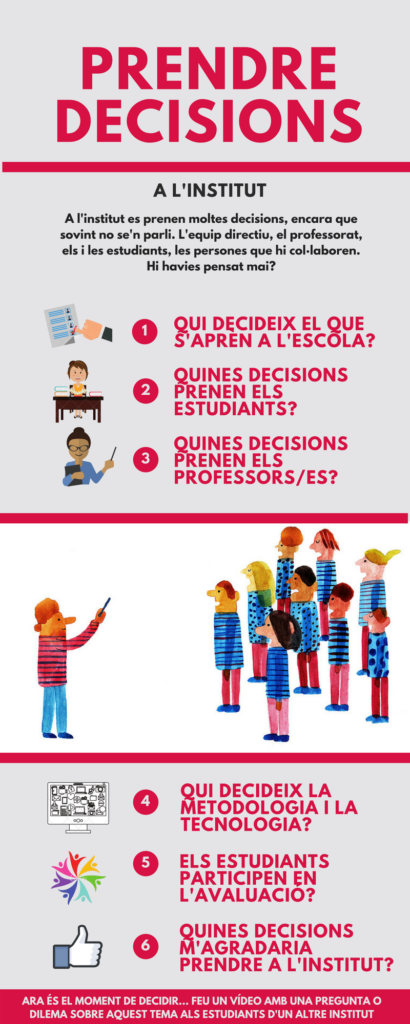
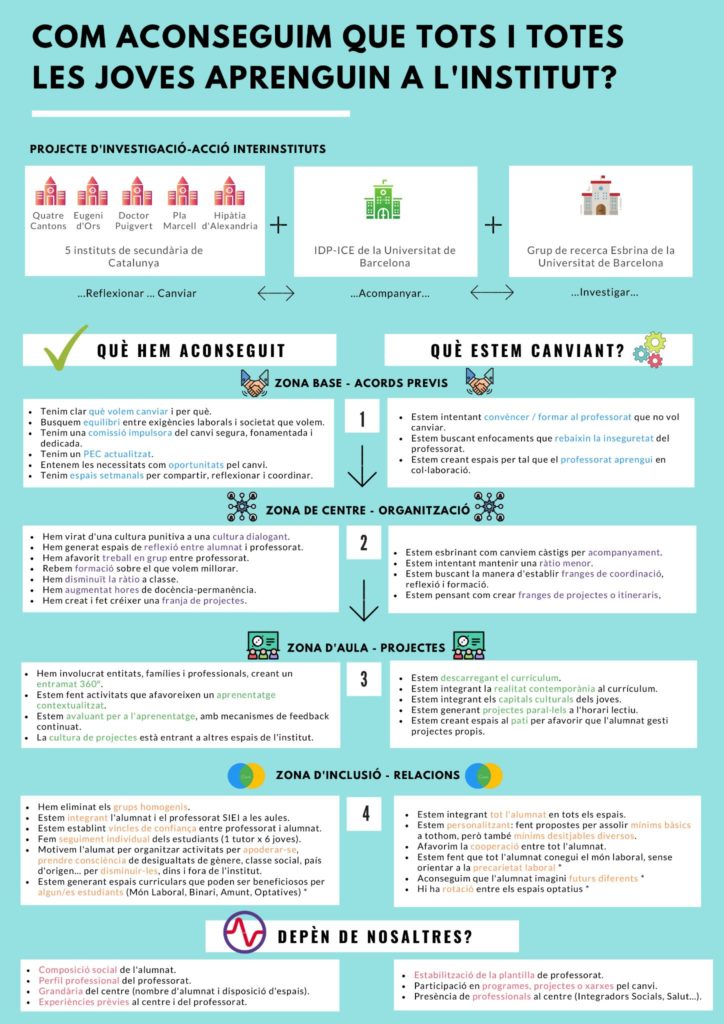
References
Erstad, O., Miño-Puigcercós, R., i Rivera-Vargas, P. (2021). Educational practices to transform and connect schools and communities. [Prácticas educativas para transformar y conectar escuelas y comunidades]. Comunicar, 66. https://doi.org/10.3916/C66-2021-01
Miño-Puigcercós, R. (2020). Iniciativas para la igualdad y la transformación de la educación secundaria obligatoria en Cataluña. Posibilidades y tensiones. Izquierdas, 49, 2378-2404. http://www.izquierdas.cl/images/pdf/2020/n49/art113_2378_2404.pdf
Miño-Puigcercós, R., i Sancho-Gil, J.M. (2019). Heads and Tails. Challenges and Possibilities of Secondary Schools Transformation. A C. V. Meyers i M. J. Darwin (edss), School Turnaround in Secondary Schools. Possibilities, Complexities, and Sustainability (pp. 23-40). Greenwich, United States: Information Age Publishing.
Work team members
- Raquel Miño Puigcercós (Investigadora del grup d’investigació consolidat Esbrina)
- Jordi Calvet Solanes (Assessor educatiu)
- Alex Salleras (Director de l’institut Pla Marcell)
- Montserrat Ciuró Montañà (Assessora educativa)
- Maria Araceli Segue Guerrero (Directora de l’institut Doctor Puigvert)
- Óscar Altide (Director de l’institut Quatre Cantons)
- Alba Rodríguez Ciuró (Professora de l’institut Quatre Cantons)
- Berta Bastardes (Professora de l’institut Quatre Cantons)
- Gemma Albesa (Professora de l’institut Pla Marcell)
- Marcela de la Rosa Herrero (Professora de l’institut Doctor Puigvert)
- Salvador Valverde Acero (Professor de l’institut Doctor Puigvert)
